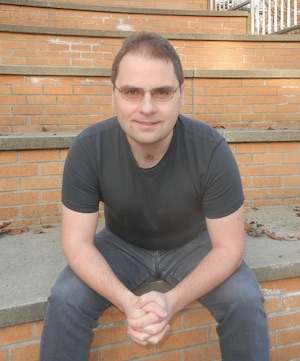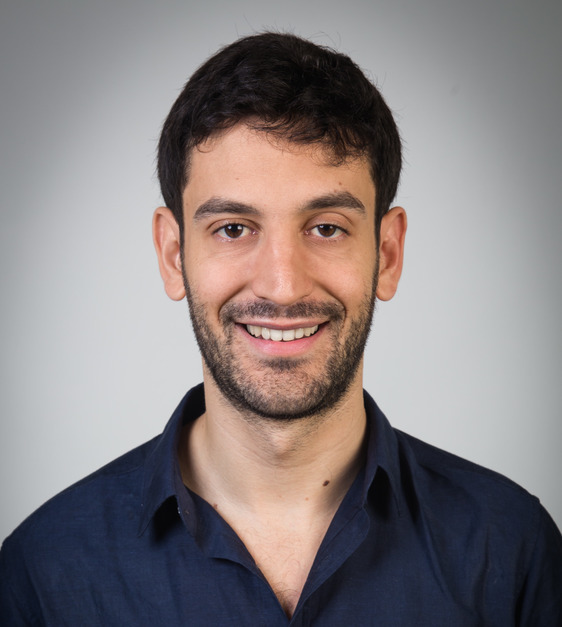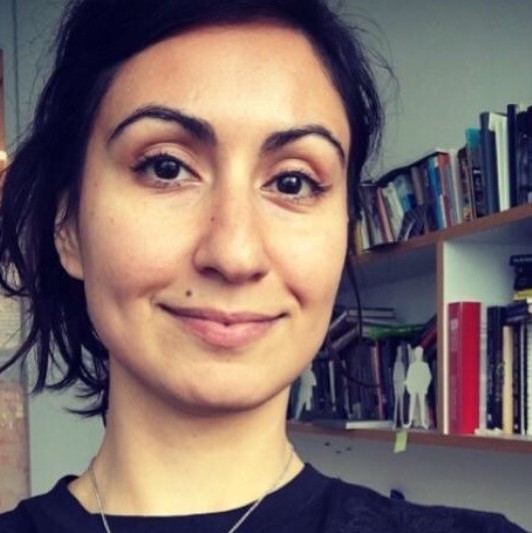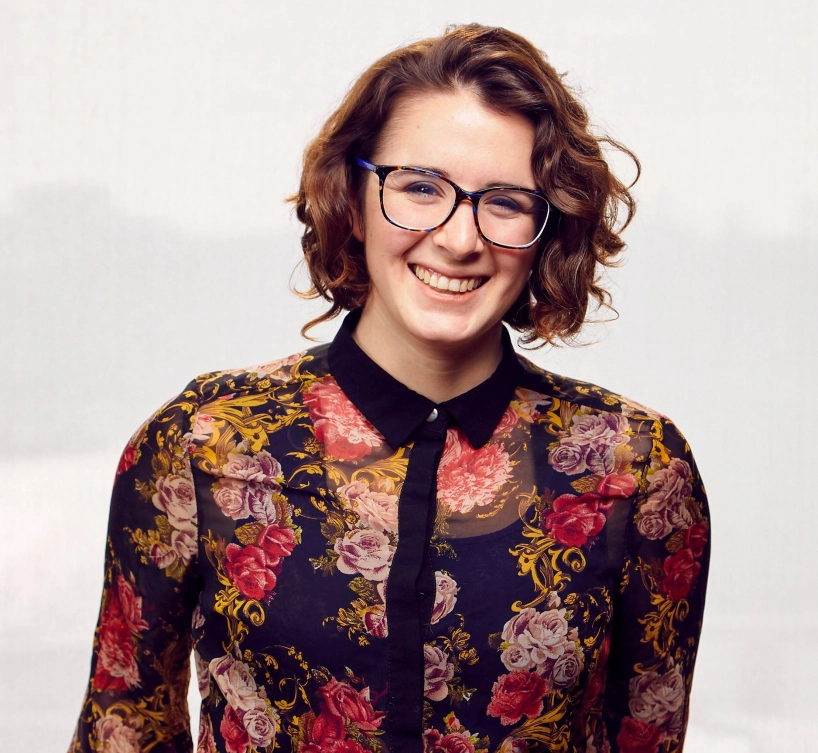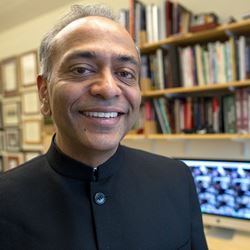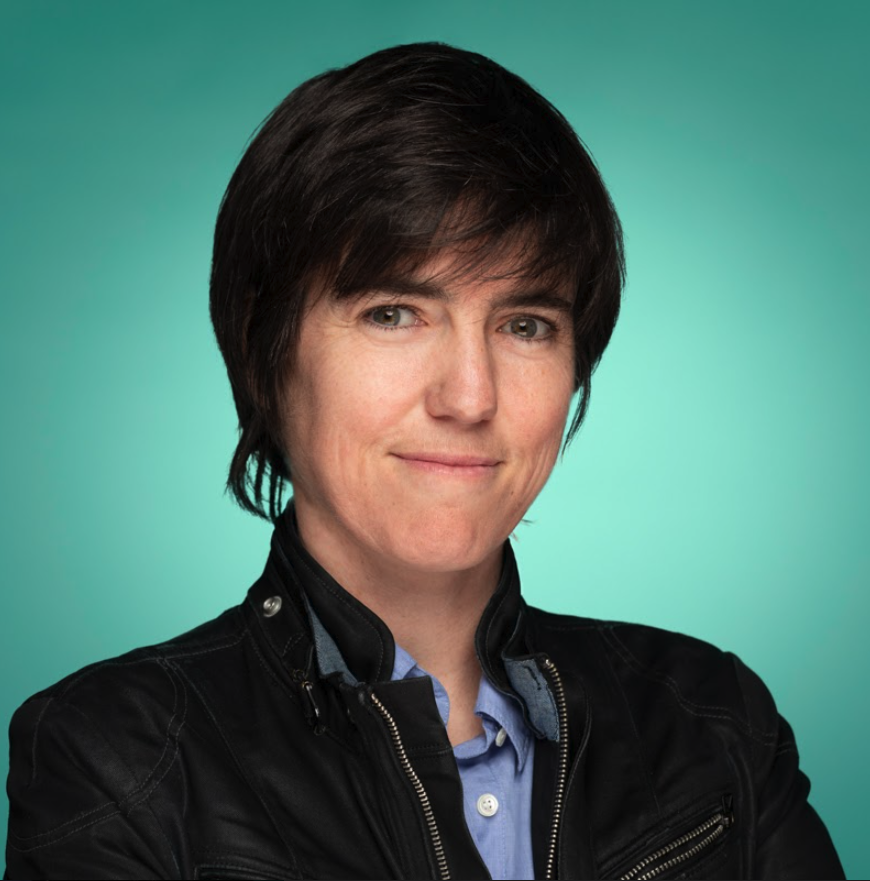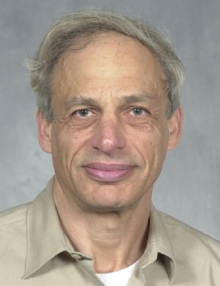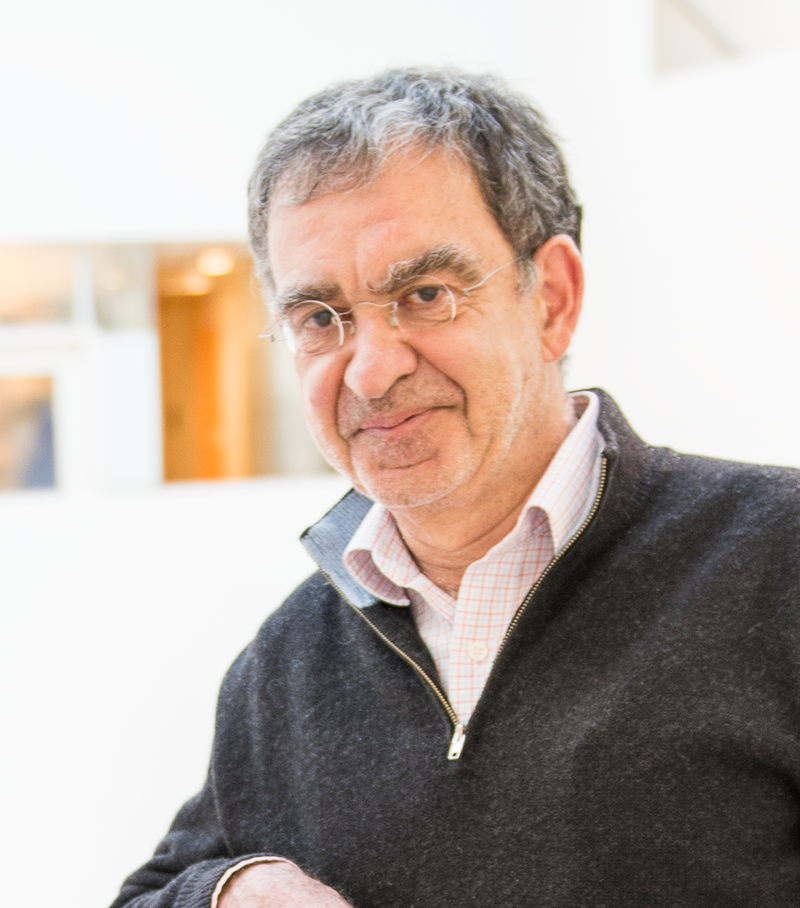Speakers
|
|
Aleksander Mądry is a Professor of Computer Science in the MIT EECS Department and leads the MIT Center for Deployable Machine Learning. His research interests span algorithms, continuous optimization, and machine learning. In particular, he has a strong interest in building on the existing machine learning techniques to forge a decision-making toolkit that is reliable and well-understood enough to be safely and responsibly deployed in the real world. |
|
|
|
Brenden Lake is an Assistant Professor of Psychology and Data Science in New York University and a Research Scientist at Facebook AI Research. He builds computational models of everyday cognitive abilities, focusing on problems that are easier for people than they are for machines. |
|
|
|
Ida Momennejad is a senior Reinforcement Learning researcher at Microsoft Research, NYC. She studies how humans build models of the world and use them in memory, exploration, & planning. She builds and tests neurally plausible algorithms for learning the structure of the environment. Her approach combines reinforcement learning, neural networks, & machine learning with behavioral experiments, fMRI, & electrophysiology. |
|
|
|
Kimberly Stachenfeld is a research scientist on DeepMind‘s Neuroscience team. Her main focus is on representations to support efficient reinforcement learning and planning. She works on both neuroscience and machine learning problems in that space. Her research interests include hippocampus + entorhinal cortex, reinforcement learning (deep or otherwise), efficient representations for reinforcement learning, and on good days, fMRI. |
|
|
|
Margaret Livingstone is the Takeda Professor of Neurobiology in the Harvard Medical School. She studies vision in the primate brain, specifically the area that allows object recognition: inferotemporal cortex or IT. One key question is whether these cortical domains are innate (i.e. largely encoded by a genetic program) or learned (i.e. largely created by common early experience). To answer this question, she raises juvenile macaques under different conditions (eg. the macaques are never shown certain visual categories). These early exposure manipulations dramatically change the response properties of IT neurons. |
|
|
|
Matthias Bethge is Professor for Computational Neuroscience and Machine Learning at the University of Tübingen and director of the Tübingen AI Center, a joint center between Tübingen University and MPI for Intelligent Systems. He is also a co-founder of Deepart UG, and Layer7 AI GmbH, and co-initiator of the European ELLIS initiative. His main research focus is on robust vision and neural decision making with the goal to advance internal model learning with neural networks. |
|
|
|
Pawan Sinha is a professor of vision and computational neuroscience in the Department of Brain and Cognitive Sciences at MIT. His research focuses on the computational principles underlying learning from visual experience in humans. His lab’s research on object learning involves work with a unique population of children in India who have gained sight after several years of congenital blindness. Studies of the time-course of visual skill development in these children provide valuable clues for the lab’s ongoing efforts to computationally model the acquisition of object concepts by the human brain. |
|
|
|
Raquel Urtasun is the Chief Scientist of Uber ATG and the Head of Uber ATG Toronto. She is also a Professor in the Department of Computer Science at the University of Toronto, a Canada Research Chair in Machine Learning and Computer Vision and a co-founder of the Vector Institute for AI. She is a world leading expert in AI for self-driving cars. Her research interests include machine learning, computer vision, robotics and remote sensing. |
|
|
|
Shimon Ullman is a professor of computer science at the Weizmann Institute of Science and the director of the Weizmann AI center. Ullman’s main research area is the study of vision processing by both humans and machines. The goals of this research are to understand how our own visual system operates, and how to construct artificial systems with visual capabilities. |
|
|
|
Thomas Serre is an Associate Professor in Cognitive Linguistic & Psychological Sciences and an affiliate of the Carney Institute for Brain Science at Brown University. He also holds an International Chair in AI within the ANR-3IA Artificial and Natural Intelligence Toulouse Institute (France). His research seeks to understand the neural computations supporting visual perception through a combination of computational neuroscience, cognitive science, and machine learning. |
|
|
|
Tomaso Poggio is the Eugene McDermott professor in the Department of Brain and Cognitive Sciences, an investigator at the McGovern Institute for Brain Research, a member of the MIT CSAIL and director of the Center for Brains, Minds, and Machines (CBMM). His research is interdisciplinary, between brains and computers. It is now focused on the mathematics of deep learning and on the computational neuroscience of the visual cortex. |
